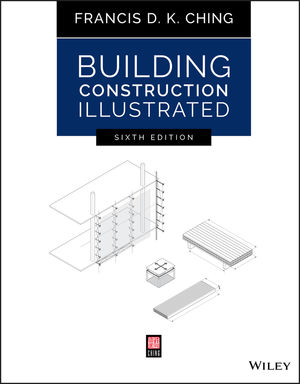Industry Task Force Takes Big Step Ahead In Assessing What Civil Engineers Must Know
 |
Developing an educational road map for the practice of civil engineering in a more complex future world has occupied a team of industry academics and practitioners for most of the past four years. They now are about to unveil the most detailed guide yet to a diverse array of knowledge areas and skill sets many believe are crucial to the profession—and will require lifetime learning.
The American Society of Civil Engineers’ effort will create a civil engineering “body of knowledge” (BOK) necessary to earn degrees, get licensed and meet new practice challenges (ENR 12/6/04 p. 26). “We are setting the stage for better civil engineering education that will allow future practitioners to take a leadership position in engineering and compete in the global environment,” says Richard O. Anderson, chairman of ASCE’s 65-member BOK committee and principal engineer of SOMAT Engineering Inc., Troy, Mich.
 |
In its new version, the “BOK2” slices and dices traditional broad knowledge-skill areas called “outcomes” and adds new ones to those already mandated for engineering school accreditation or that were developed in the effort’s first phase.
At present, the draft specifies a total of 28 outcomes, twice the number in the first round. Joining the list of “foundational” math, science and social science requirements are specific charges for everything from project management, risks and sustainability to ethics, teamwork, and business and administration. “People freak out about the 28, but it’s more understandable,” says Anderson.
Using a scientific “rubric,” the BOK2 draft also maps out achievement levels for the new requirements and where in the academic and practice pipeline these can be met. Post-graduate education is mandated in some cases, but on-the-job experience will also become more significant (see chart).
| + click to enlarge |
 |
Anderson admits that some new outcomes, such as for civil engineering history, daunted some academic panelists. But Ronald S. Harichandran, civil engineering department chair at Michigan State University, Lansing, calls BOK2 “a finer, more precise approach. It’s a good framework.”
Others point to practitioner discontent with some pre-license mandates. “A lot of them are still technically focused and say we’re putting too much mushy-mushy in this,” says Jeffrey Russell, chair of civil engineering at the University of Wisconsin-Madison, who oversees BOK for ASCE. “We say there needs to be certain minimums.”
BOK2 is to be released as a draft within ASCE in March, and publicly in June. Up to 100 civil engineering department chiefs will take it up at a May meeting in Fort Collins, Colo., says Harichandran. A final version is set for release next February, but Russell cautions that outcomes may change. Anderson says other engineering disciplines “are looking to see what we come up with.”
“This is a complex, demanding profession. You can’t take this stuff and shove it in a four-year period,” says panelist Steve Sanders, executive vice president of GSW Engineers Inc., Dallas. “There will be plenty of time to deal with this. But it will make the profession more compelling and the engineer a total person on the project team.”



